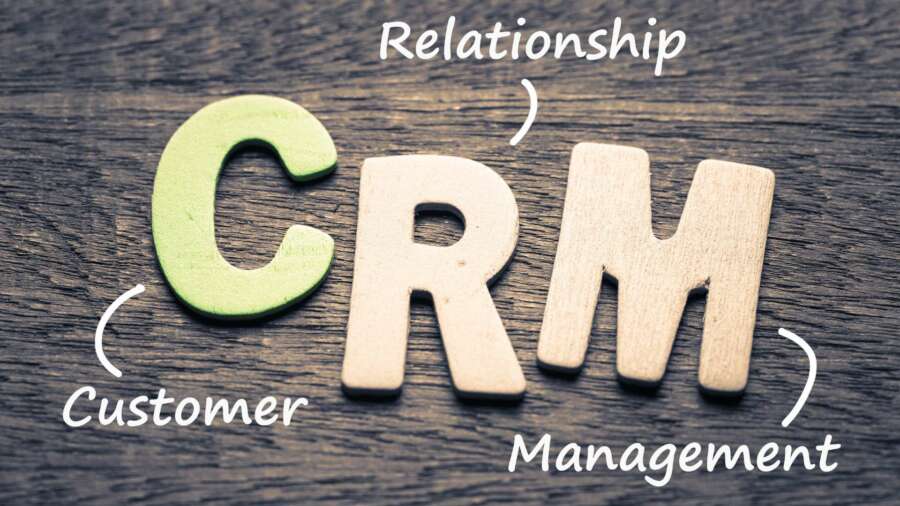
By Chris Hyde, SVP- global head of data solutions at Validity
Customer data is the lifeline of every organisation, and all teams, from customer experience to marketing and sales, rely on it to make the business prosper. For example, a sales team will use data to gain insight into customer behaviour and interests, so they can provide a more personalised experience. Therefore, it is essential for organisations to use intelligent platforms such as customer relationship management (CRM) systems, which efficiently manage existing and potential customer data and interactions.
However, recent unprecedented events such as the cost-of-living crisis and pandemic have significantly impacted the workforce and consequently the running of CRM systems. With these trends, more data is becoming unreliable and unactionable. As workers and offices adapt to these ongoing societal shifts, it is essential that CRM systems store data which is both clean and reliable.
The main issues at hand
As hybrid working becomes the new norm and the cost-of-living crisis continues, the priorities of workers are changing. For example, according to research from Aspire, three in five workers are looking for better paid jobs to alleviate cost of living strains, and more are choosing to work from home to prioritise their work life balance.
Data will decay at a much faster rate if employees continue to change roles or move to different companies. This data includes phone numbers, work emails, and job titles. Data decay can be a silent killer for organisations, and in light of the looming recession, it is essential for businesses to prevent it. This is because high data quality leads the way for new initiatives, such as hyper-personalisation or AI projects. While a business cannot stop data changing, it can ensure that what remains is of good quality.
Another contributing factor is inflation, which, according to the Office of National Statistics (ONS), has hit a 40 year high and is expected to remain that way in 2023. It is expected that many businesses will experience revenue loss as a result of customers having to decrease their budgets. This may tempt some organisations to engage in dubious business practices and buy customer data, such as email lists, from third-party providers. If companies do not take a firm stance on data integrity, it can lead to unethical data practices which ultimately run the risk of jeopardising a brand’s reputation and customer trust.
The impact of remote working
While the pandemic is no longer new to workforces, it has certainly taught employees and companies a great deal. In fact, further research from the ONS shows eight in ten of those who had to work from home during the pandemic plan to continue hybrid working. It is clear this culture of working has become the new norm across many organisations.
Remote working impacts CRM data in two ways. Firstly, as people move from office working, the data companies hold on customers will inevitably change. For example, if a business only has office contact details for customers, it will have to collect alternative contact points to ensure their data remains actionable. This is particularly relevant for businesses that rely on direct mail addresses, or office phone numbers.
On the other hand, when looking at a business internally, if employees are working remotely, they will take the data home with them. This makes the data harder to control and opens it up to a range of security issues, such as hackers leaking data or malware attacks. While working from home, employees may also use cloud sync agents, USB drives, public Wi-Fi networks, and collaboration tools such as Slack and Google Drive. This makes the data more at risk of being obtained by a cybercriminal, which risks damaging customer trust in the business.
Employee well-being
Another lesson from the pandemic that many employees have learnt, is the need to prioritise their work-life balance. CRM is notorious for being difficult to use and time consuming, as outdated systems can require employees to update customer data manually. When employees feel burnt out from spending hours updating CRM systems, it is not effective and productive data management. Therefore, managers should consider ways to reduce this stress, so employees can better focus on other aspects of their jobs.
The next steps
It has never been more important for businesses to run consistent data maintenance. This includes data deduplication to ensure marketers are not using redundant data, data purging to delete obsolete data, and data operations throughout the data lifecycle to improve overall quality and security. If organisations are successful in implementing these techniques, they can mitigate the impacts of workforce trends.
Ultimately, a business needs to ensure all data which flows throughout the organisation is of high quality and reliable if they hope to remain trusted by their customers and safeguard the brand’s reputation. While current trends amongst workforces certainly effect CRM, there are ways to keep data actionable.


